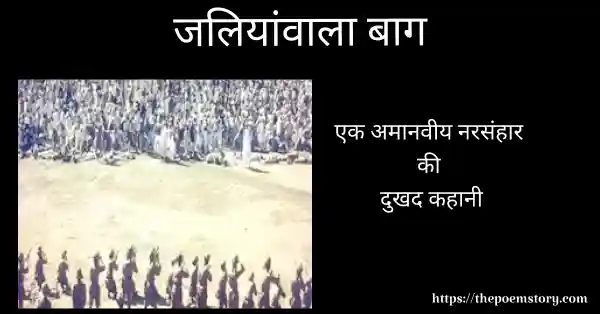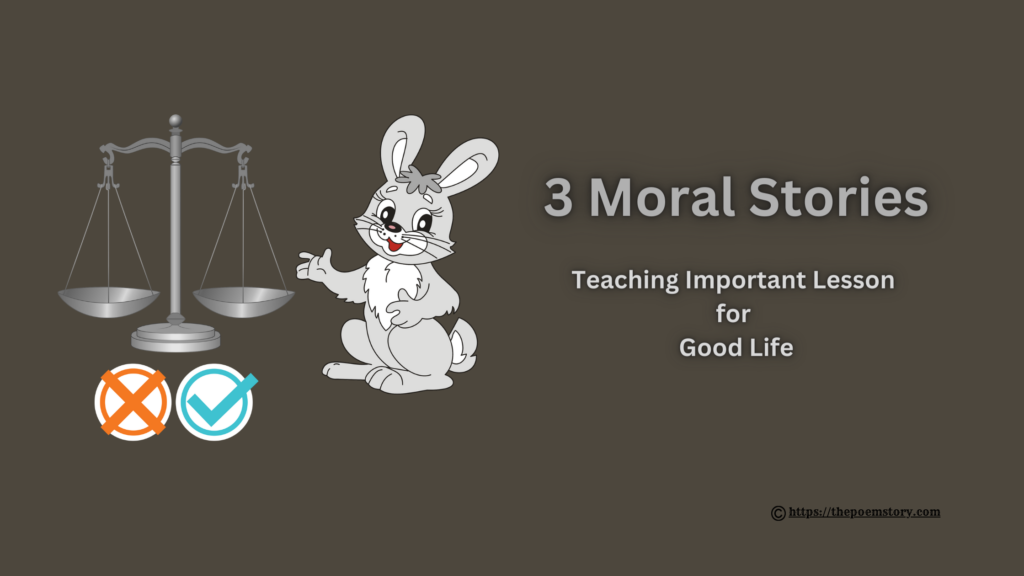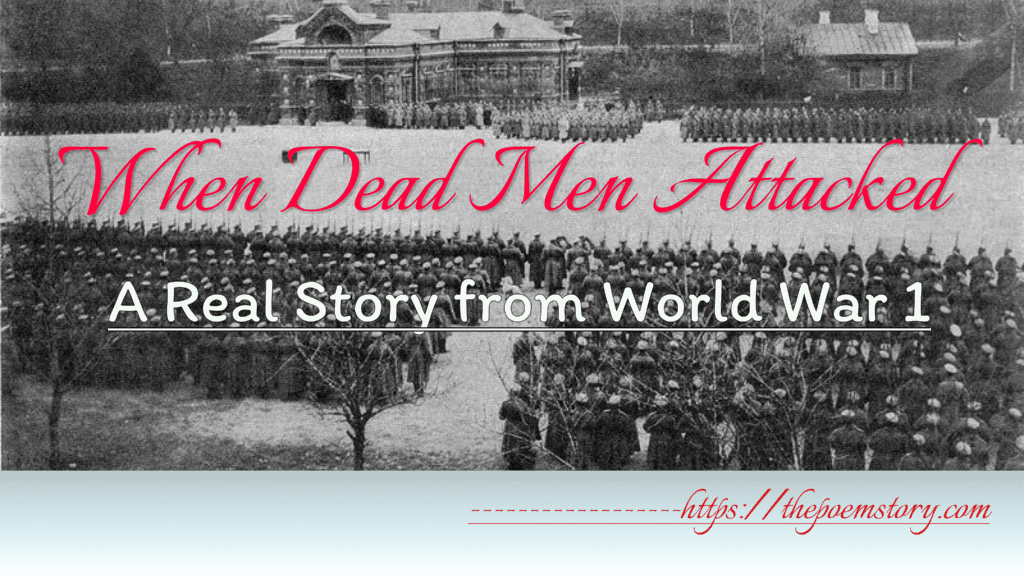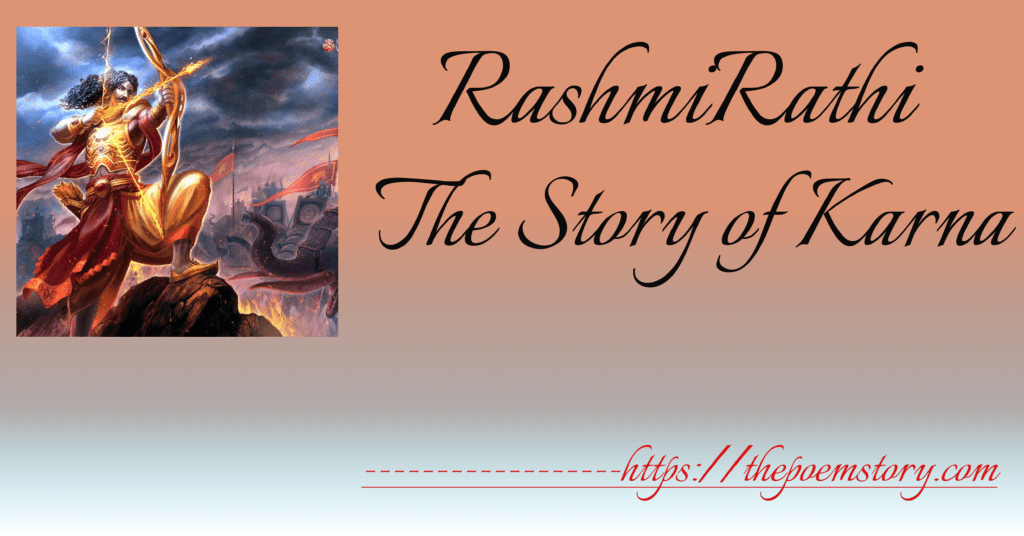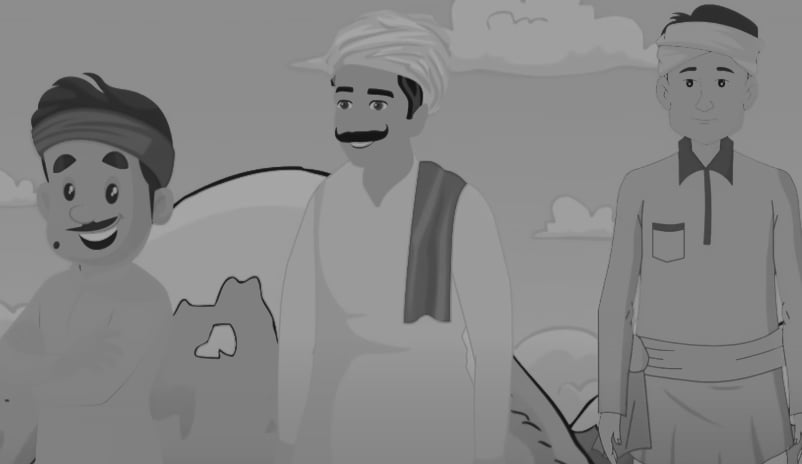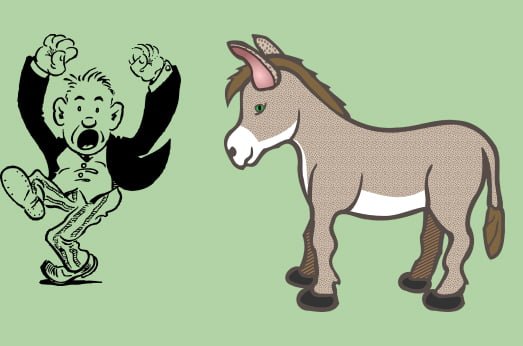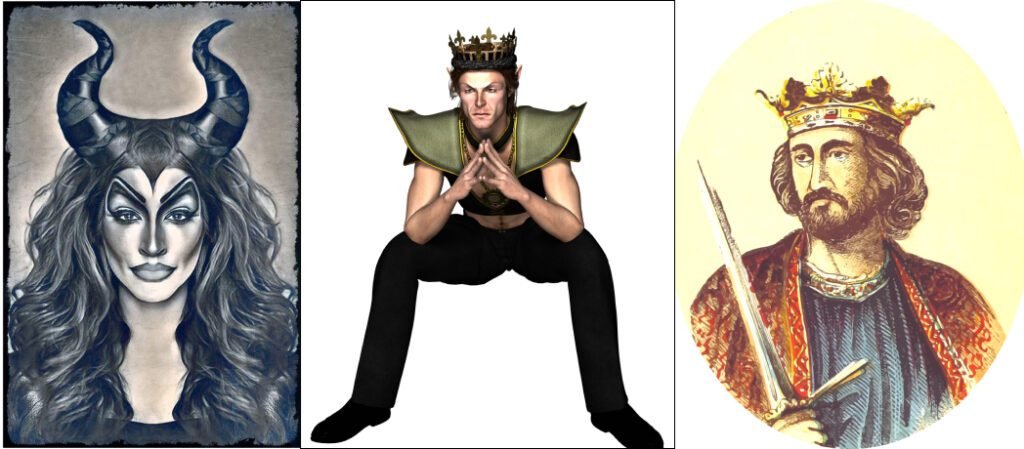Bhagat Singh was a leading revolutionary of the Indian freedom struggle, who played an important role in the Indian independence movement through his courage and sacrifice. His story exemplifies courage, dedication and his unique fight for freedom.
The story of Bhagat Singh is an important story of the Indian freedom struggle, in which a young revolutionary sacrificed his life for the freedom of his country. His life and sacrifice teach us unique lessons of courage, dedication and patriotism.
Also Read: Story of Rani Lakshmi Bai | The Brave Queen of Jhansi
Bhagat Singh | Shaheed Bhagat Singh | Bhagat Singh and Jallianwala Bagh | Bhagat Singh contribution in Indian freedom struggle | Bhagat Singh Kakori Kand | Indian Freedom Struggle
Table of Contents
Martyr Bhagat Singh – Shaheed Bhagat Singh
Bhagat Singh was a well-known revolutionary socialist who was instrumental in the Indian independence fight against British colonial control. On September 28, 1907, he was born in Banga, Punjab, which is today in Pakistan.
Kishan Singh, Bhagat Singh’s father, was a revolutionary who took part in the 1907 Ghadar Conspiracy. Sardar Ajit Singh, his uncle, was also a key player in the Indian independence struggle. He was exposed to revolutionary ideologies at a young age and was profoundly inspired by the 1919 Jallianwala Bagh massacre in Amritsar.
He joined the Young Revolutionary Movement in 1923 and was jailed in 1928 for the murder of a British police officer. At the time, he was just 21 years old. On March 23, 1931, Bhagat_Singh and his fellow revolutionaries were condemned to death and executed at Lahore Central Jail.
During his confinement, Singh and his comrades embarked on a hunger strike to protest the prison’s terrible circumstances. He utilized his trial to raise awareness about the necessity for India’s independence and the British exploitation of the Indian people. He also wrote extensively and motivated a generation of young Indians to struggle for their liberation via his writings and lectures.
Bhagat_Singh remains a national hero in India, and his life and sacrifice continue to inspire people to fight for justice and freedom.
Bhagat Singh and Jallianwala Bagh Massacre
The April 13, 1919, Jallianwala Bagh massacre had a major influence on Bhagat Singh and his political ideals. The massacre, carried out by British colonial forces led by General Reginald Dyer, resulted in the murder of hundreds of unarmed Indian people who had assembled in an Amritsar public park to protest British authority.
The ferocity of the slaughter, as well as the callousness of British officials in the aftermath, made a strong effect on young Bhagat. He was just 12 years old at the time, but the experience profoundly influenced his political consciousness and formed his beliefs on the necessity of revolutionary action to overturn British colonial power.
Bhagat Singh was greatly influenced by the concept of “direct action” and thought that in order to obtain liberation, the Indian people needed to take issues into their own hands. He was inspired by the example of previous revolutionary movements throughout the world and saw the necessity for a militant and radical approach to the independence war.
The Jallianwala Bagh massacre was a watershed moment in Bhagat Singh’s political evolution, prompting him to take a more radical and violent approach to the independence cause. He saw the necessity for a revolutionary movement to confront British rulers and motivate Indians to stand up against colonial oppression. Bhagat Singh was a pivotal player in the Indian independence struggle, and his memory continues to inspire future generations of Indians fighting for justice and freedom.
Bhagat Singh was always fascinated by the political condition in India and throughout the world. He was influenced by socialist and anarchist ideals, and he was an avid student of revolutionary literature. In 1923, he joined the Hindustan Republican Association (HRA), and later the Hindustan Socialist Republican Association (HSRA).
Bhagat Singh Contribution in Indian Freedom Struggle
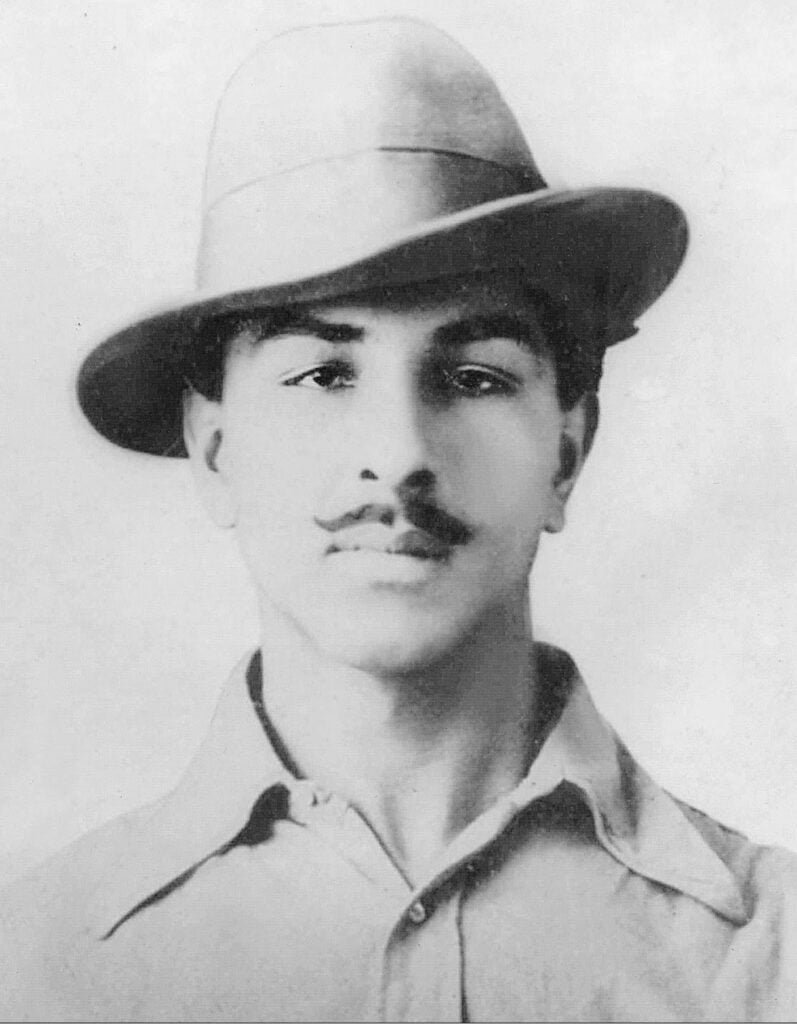
Bhagat Singh’s most noteworthy contribution to the liberation cause was his role in the Lahore Conspiracy Case, which entailed the death of John Saunders, a British police officer, in 1928. Bhagat Singh and his associates were caught for the murder and later prosecuted and condemned to death. On March 23, 1931, he was killed by hanging alongside Rajguru and Sukhdev.
The death of Bhagat Singh had a significant influence on the Indian independence struggle. He became a symbol of resistance and suffering for the Indian people, inspiring many more to continue the fight for liberty. His views and values continue to have an impact on Indian politics and society today.
Did Bhagat Singh throw a bomb in the Indian Assembly?
In truth, Bhagat Singh was implicated in a separate event in the Indian Assembly, which became known as the “Assembly Bomb Case.”
In this event, Bhagat Singh and his associates attempted to blow a smoke bomb in Delhi’s Central Legislative Assembly in 1929. The bomb’s objective was not to do harm, but to raise attention to the cause of Indian independence and to condemn the restrictive British colonial administration.
Bhagwati Charan Vohra tossed a bomb in the Central Legislative Assembly in Delhi on April 8, 1929, to protest the passing of the Public Safety Bill and the Trade Disputes Bill. The explosives were not designed to damage anyone, but rather to make a political statement. Bhagat and his companions had meticulously prepared for the mission in order to minimize any casualties.
Bhagat Singh, who was not there at the time of the blast, subsequently accepted responsibility for the act with his companions and faced incarceration. They were then convicted and condemned to die for their participation in the bombing and other acts of resistance against the British.
The strategy, however, did not proceed as planned, and the bomb burst prematurely. He and his colleagues were arrested and accused with plotting to attack the British government. They were later convicted, sentenced to death, and killed on March 23, 1931.
While Bhagat Singh did engage in violent acts of resistance against British colonial authority, it is vital to highlight that he did not commit terrorism or target innocent civilians. His acts were driven by a strong devotion to Indian independence and a conviction in the deployment of revolutionary methods to attain that aim.
Bhagat Singh Kakori Kand (Kakori Train Conspiracy)
Bhagat Singh was not personally involved in the robbery of the Kakori train. He was, however, a major member of the Hindustan Republican Association (HRA), the organization responsible for the heist.
Together with his fellow HRA members, he regarded the Kakori train heist as an opportunity to strike a blow against the British colonial administration while also funding their revolutionary efforts. While Bhagat did not engage in the robbery, he did lend ideological and spiritual support to his colleagues who did.
Following the Kakori train robbery, British authorities conducted a large crackdown on the HRA, arresting numerous members of the organization, including Ram Prasad Bismil, Ashfaqullah Khan, and Roshan Singh. Bhagat and his colleagues carried out various acts of resistance against the British, including the death of a British police officer in 1928, for which Bhagat Singh was jailed and finally hanged.
The Kakori train heist was a key episode in the Indian independence struggle, demonstrating the freedom fighters’ commitment to oppose British control. While Bhagat Singh was not personally engaged in the heist, he was a pivotal figure in the greater war for independence, inspiring many Indians to join the cause.
Conclusion
Shaheed Bhagat Singh was a notable Indian revolutionary and freedom fighter who was instrumental in India’s war for independence from British colonial domination. On September 28, 1907, he was born in Banga village, Punjab, which is today part of Pakistan.
The harsh reality of British rule in India strongly inspired him, and he got actively involved in the liberation movement at an early age. He belonged to various revolutionary groups, notably the Hindustan Socialist Republican Association (HSRA), which sought to overturn British authority via military opposition.
One of his most notable acts of resistance was the bombing of the Central Legislative Assembly in Delhi in 1929, which he carried out alongside his companions Batukeshwar Dutt. Their goal was not to damage anyone, but rather to make a symbolic statement against colonial control. Following the blast, Bhagat Singh and Dutt faced arrest and used their trial to argue for India’s independence.
During his confinement, Bhagat Singh embarked on a hunger strike to protest the brutal treatment of political prisoners. Despite significant popular sympathy for his case, he was finally sentenced to death. On March 23, 1931, at the age of 23, Bhagat Singh, along with Rajguru and Sukhdev, were hanged at Lahore Central Jail.
His selfless sacrifice and unrelenting commitment to the cause of liberty made him a national hero and an inspiration to millions of Indians. His fervent patriotism, academic brilliance, and bravery continue to inspire generations, and he is sometimes referred to as “Shaheed Bhagat Singh” (Martyr Bhagat Singh) in commemoration of his sacrifice.
His legacy remains on today as a symbol of bravery and resistance to injustice. He is known as one of India’s most famous revolutionaries, and his efforts to the country’s independence war have left an everlasting imprint on its history.
I hope that you like our articles. Please encourage us by providing your valuable comments. We are new to it and need your support to grow.
Soon we will being you more stories and historical posts. Please suggest, what should we write on. You can subscribe to our newsletters and follow us on social media. We will keep you entertained and providing you knowledgeable articles.
Indian revolutionaries and freedom fighters are my inspiration and they are respectable figures for me. They sacrificed their lives to give us a free country. Gradually we are forgetting them. New generations to come should know about them and appreciate their bravery. That is the only motto and vision of this post.
We will grow with your love and suggestions. We are looking forward for your support. You can find many non-relative media on social platforms. Please follow us on social media for good content.

